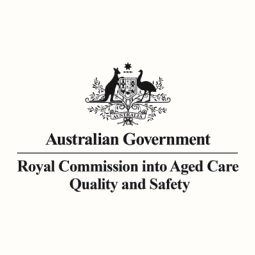The Royal Commission into Aged Care Quality and Safety released its fifth Background Paper as part of the Royal Commission’s work.
Most older Australians are not set up to direct the way they are cared for in the event they become incapable of communicating as a result of accident, dementia, or illness.
Information available to the Royal Commission into Aged Care Quality and Safety shows that even those aged 65-plus years are often ill-prepared, with only 3% having a statutory advance care directive in place.
The directives enable people to express how they want to be cared for, and that decisions and actions taken on their behalf are consistent with their goals, preferences and values, if they become incapable of making those decisions themselves.
Research on the uptake, benefits, issues and practices associated with advance care planning directives, as well as various arrangements in each state and territory, are briefly summarised in a background paper, Advance Care Planning in Australia, released today and available on the Royal Commission’s website.
It says: “Advance care planning has been shown to reduce unnecessary transfers from a residential aged care facility to a hospital and decrease a person’s level of worry and anxiety about their future.
Read more:

